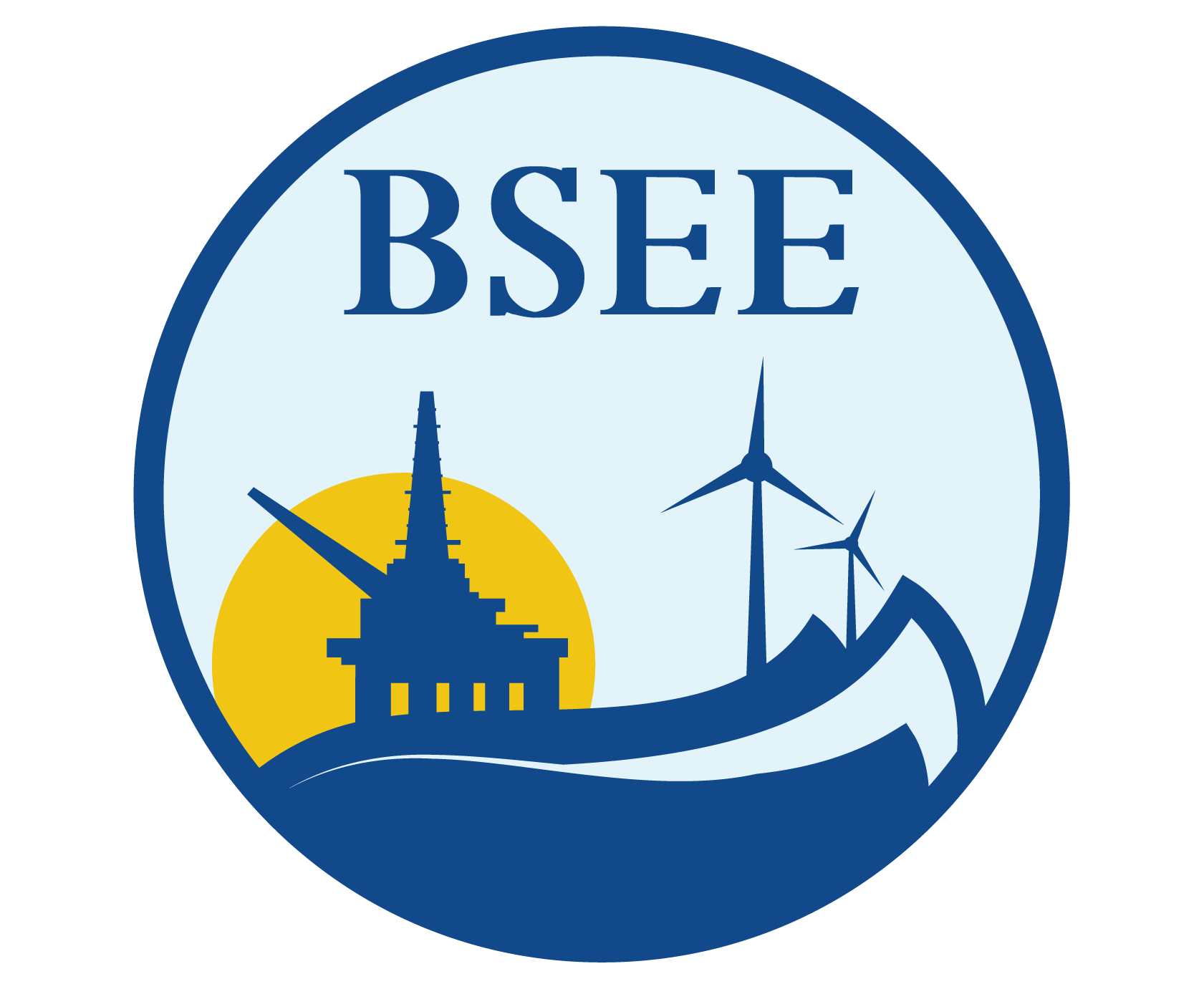You are viewing ARCHIVED content published online before Jan. 20, 2025. Please note that this content is NOT UPDATED,
and links may not work. Additionally, any previously issued diversity, equity, inclusion or gender-related guidance on
this webpage should be considered rescinded. For current information, visit
News Items | Bureau of Safety and Environmental Enforcement.
WASHINGTON—The Department of the Interior’s Bureau of Safety and Environmental Enforcement (BSEE), Noble Energy, Inc. and the Helix Well Containment Group (HWCG) today announced the successful completion of a full-scale deployment of critical well control equipment to assess Noble Energy’s ability to respond to a potential subsea blowout in the deepwater Gulf of Mexico. BSEE Director James Watson confirmed that the HWCG capping stack deployed for the exercise met the pressurization requirements of the drill scenario, marking successful completion of the exercise.
The unannounced deployment drill, undertaken at the direction of BSEE, began April 30 to test the HWCG capping stack system – a 20-feet tall, 146,000-pound piece of equipment similar to the one that stopped the flow of oil from the Macondo well following the Deepwater Horizon explosion and oil spill in 2010. During this exercise, the capping stack was deployed in more than 5,000 feet of water in the Gulf of Mexico. Once on site, the system was lowered to a simulated well head (a pre-set parking pile) on the ocean floor, connected to the well head, and pressurized to 8,400 pounds per square inch.
'Deployment drill exercises like this one are essential to supporting President Obama’s commitment to the safe and responsible development of offshore resources,' said Director Watson. 'BSEE continually works to ensure that the oil and natural gas industry is prepared and ready to respond with the most effective equipment and response systems.'
BSEE engineers, inspectors and oil spill response specialists are evaluating the deployment operations and identifying lessons learned as the bureau continues efforts to improve safety and environmental protection across the offshore oil and natural gas industry.
'The quick and effective response to a deepwater well containment incident, demonstrated during the drill, was enabled by collaborative communication and planning between the industry and regulatory agencies with a focus on solutions-based outcomes,' said John Lewis, senior vice president of Noble Energy. 'BSEE, the U.S. Coast Guard, Louisiana Offshore Coordinator’s Office and Noble Energy brought unique perspectives together in a Unified Command structure to achieve a shared goal. Through excellent coordination within the Incident Command System structure that included elevating the Source Control Chief to report directly to Unified Command, the dedication of hundreds of people and activation of the HWCG rapid response system, all objectives were met.'
'HWCG’s ability to quickly and effectively respond to a call from Noble Energy and every operator in our consortium is made possible by a combination of the mutual aid agreement committed to by each consortium member and the contracts we have in place for equipment that is staffed and working in the Gulf each day,' said Roger Scheuermann, HWCG Commercial Director. 'Mutual aid enables members to draw upon the collective technical expertise, assets and resources of the group in the event of an incident. Utilizing staffed and working vessels, drilling and production equipment helps ensure there is no down time for staffing or testing equipment readiness in a crisis situation. '
In accordance with the plan, all 15 member companies were activated for this incident through the HWCG notification system.
For the safety of personnel and equipment, a Unified Command comprised of BSEE, the US Coast Guard, Louisiana Oil Spill Coordinators Office and Noble Energy decided to temporarily hold operations May 2 and 3, 2013 due to rough weather over the Gulf of Mexico. The safety of personnel remained a top priority throughout the exercise.
Since the Deepwater Horizon tragedy in 2010, BSEE has worked to implement the most aggressive and comprehensive offshore oil and gas regulatory reforms in the nation’s history. This deepwater containment drill tested one critical component of enhanced drilling safety requirements. For more information about the bureau’s efforts to improve safety and environmental protection, please visit: http://www.bsee.gov.
